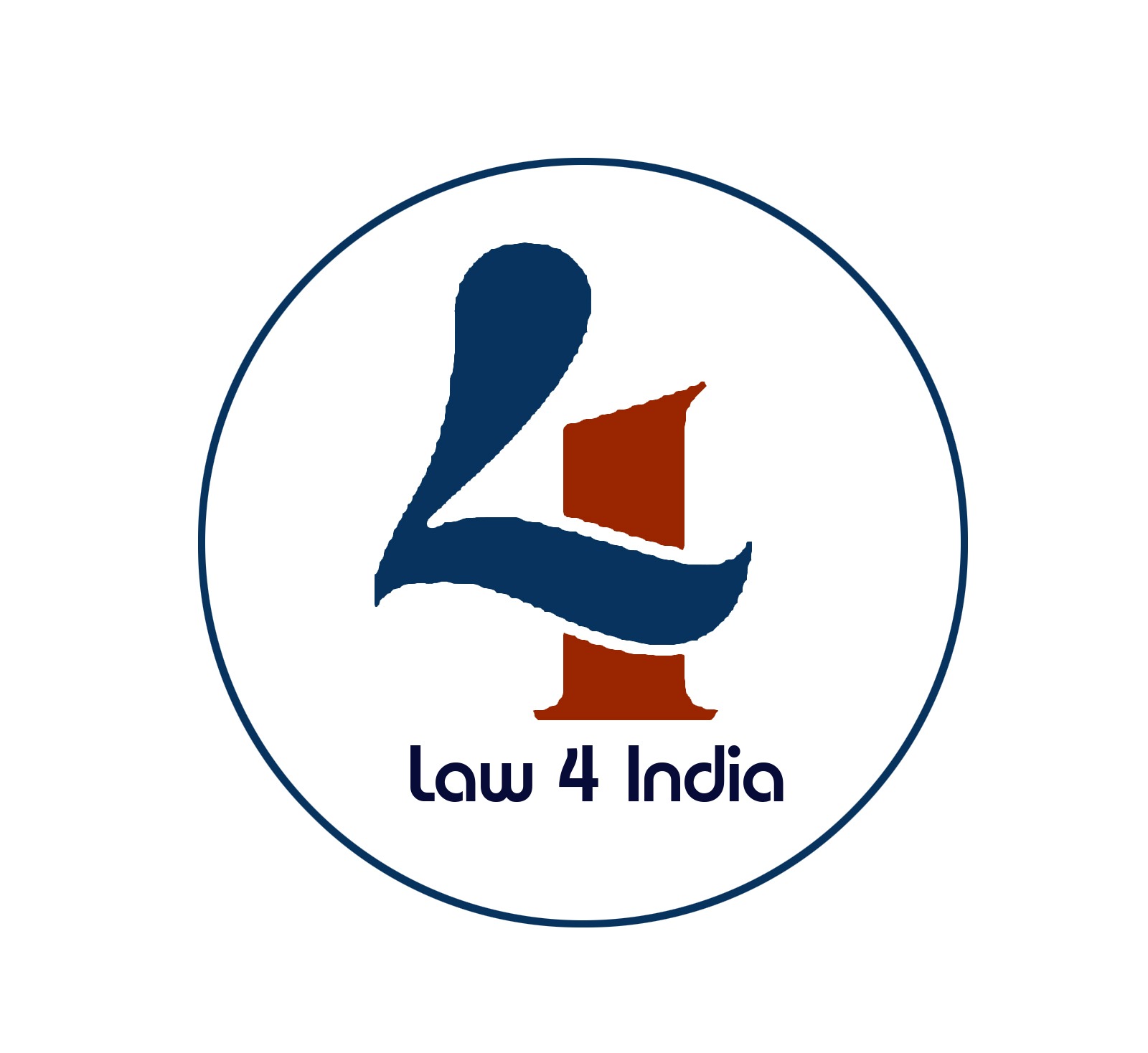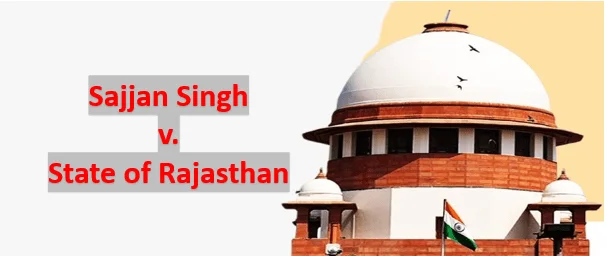The article is written by Palak Mishra. The present article provides a detailed analysis of the landmark judgement in Sajjan Singh v. State of Rajasthan (1964). It elaborates on the factual background, facts, issues, judgement of the Court, opinions of the judges and the laws applied in the said case. Lastly, it deals with the after-effects of Sajjan Singh’s case.
The Indian Constitution is considered the supreme law of the land. It has been updated according to the development in Indian society through amendments. The legislature has been given this right through article 368 of the constitution.
BACKGROUND
The first constitutional(amendment)act 1951 was challenged in the case of Shankari Prasad vs Union of India .It was added in article 31B to the constitution thereby restricting an individual’s Right to Information.
It was also stated that any law that included under the Ninth Schedule of the constitution would be immune to the Judicial Review.The Shankari Prasad case challenged the amendment stating that the fundamental rights must not be allowed to be amended since they are a vital part of the constitution.
The Parliament then introduced the 17th constitutional amendment act 1964 which further refined the amendments made through the first amendments to the constitution .this amendment focused mainly on the changes to the right to property thereby defining the terms estate a used in article 31A and 31B.therefore the Sajjan Singh case challenged this judgement in the same year.In the backdrop of the 17th constitutional amendment act 1964 the matter of whether the fundamental rights could be amended or not was raised before the supreme court of india .Therefore, the substantial issue raised before the Apex Court was if the modification of fundamental rights amounted to amendment of the Constitution or rewriting of a section of the same, and if it would come within the ambit of Article 368, it was concluded to be the latter. Thus, in order to adjudge on this matter in a judicial and just manner, the Doctrine of Pith and Substance was applied.
APPELANT CONTENTIONS
The Powers under Article 368 were misused to overpower the rights given to the State Judiciary through Article 226 of the Constitution. All Laws relating to possession of “Land” are matters included under the State List. However, the Union Legislature has dismissed the same by amending the fundamental right to property. The Supreme Court disagreed with the Appellant’s argument that the 17th Amendment Act violates the rights of the High Courts provided under Article 226. In order to substantiate the same, the Supreme Court stated that the Union only intended to protect the State Acts on the said matter from Judicial Review thereby placing them in the Ninth Schedule through the Seventeenth Amendment Act. Therefore, the Court finally stated that fundamental rights can be amended through constitutional amendments.
The justification for the same stated that constitutional amendments do not fall within the ambit of the term “Law” as used in Article 13 of the Indian Constitution thereby making fundamental rights amendable through Article 368.
DISSENTING OPINION
Justice M. Hidayatullah’s opinion in the said matter of Sajjan Singh gave rise to the arguments in future cases on the matter of the amendment of fundamental rights. He stated that while he partially dissented to the opinions of the other judges.He did so by adjudging that while he agreed that the Seventeenth Amendment did not violate the State powers given under Article 226 of the Constitution.He also felt that the judgement on the differentiation made between constitutional amendments and law as defined under Article 13 must be reconsidered and included together in the said definition.In other words, he opinionated that constitutional amendments can also form a part of the law as defined under Article 13 of the Indian Constitution.This becomes an important argument in future cases on the said matters as article 13 refers to “law” only with respect to Part III of the constitution which addresses the fundamental rights guaranteed to all citizens of the indian subcontinent.
AFTER EFFECT OF THE CASE
The dissenting opinion of Justice M. Hidayatullah compelled the judiciary and the lawmakers to reconsider the judgments passed in the cases of Shankari Prasad v Union of India and Sajjan Singh v State of Rajasthan.
The said opinion formed grounds for the filing of future cases including Golaknath v. State of Punjab and the Kesavananda Bharati Case.


